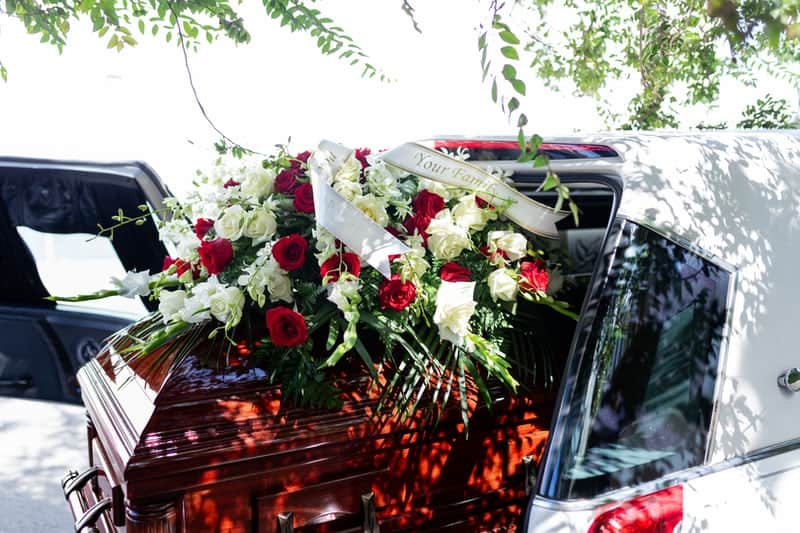
Inaction is not an affordable luxury after the death of a loved one.
Your loved one has passed away.
The grief is overwhelming.
Whether it was sudden or expected, the loss is still great.
You want to honor the legacy of your loved one.
According to a recent Dallas Morning News article titled “Three things to do on the death of a loved one,” honoring their legacy involves honoring their estate planning.
How do you do this?

Certain actions should be taken after the death of a loved one.
Secure the property.
After the death of your loved one, his or her home is especially vulnerable.
Family or friends may walk in and leave with what they think they should inherit.
It is like those otherwise inanimate objects literally spring to life and look for the nearest minivan or pickup truck to take a joy ride.
Have you heard the old saw that "possession is 9/10ths of the law"?
In my more than 25 years of estate planning experience, that should be changed to 10/10ths!
If this happens, the people selected as heirs may not receive what your loved one had left in the will.
It is a far simpler matter to secure the property through changing locks than to try and track down items after they have left the home.
Criminals also may target the property of your loved one.
Many scan the obituaries looking for a home to loot while the family is at the funeral.
You should also collect mail, lock up vehicles, and secure credit cards, debit cards, and checks.
Make funeral arrangements.
If your loved one left a written Appointment of Burial Agent, this can be relatively straightforward.
If no planning was done in advance, by default the law designates who will be responsible for the arrangement.
This includes choosing the order of the service, burial or cremation, burial plot or scattering, headstone or urn, pallbearers, and more.
Regardless, whoever ends up being tasked with making such final arrangements (whether by planning or default) will likely need help.
Lending a hand is a good way to honor your loved one.
Talk to an experienced attorney.
If you were the attorney in fact designated in the general durable power of attorney for your loved one, your authority to act on financial matters ended when he or she died.
The financial affairs of your loved one will next be handled by the executor of the estate, if the estate assets were not arranged to pass by one of many "non-probate transfer" methods.
The executor has no legal authority until the last will had been admitted to probate and the probate judge has approved the executor designated in the will.
Getting direction from an experienced estate planning attorney now can help make this process as seamless as possible later on.
You should do this soon after the death of your loved one so the executor can begin managing the estate on behalf of the decedent.
Reference: Dallas Morning News (April 10, 2020) “Three things to do on the death of a loved one”
REMEMBER: “The choice of a lawyer is an important decision and should not be based solely upon advertisements.”
This statement is required by rule of the Supreme Court of Missouri.
